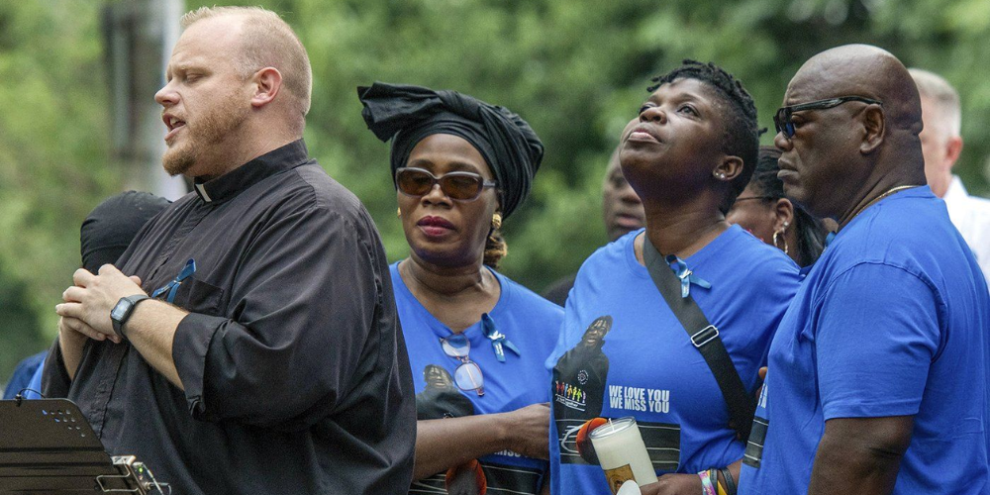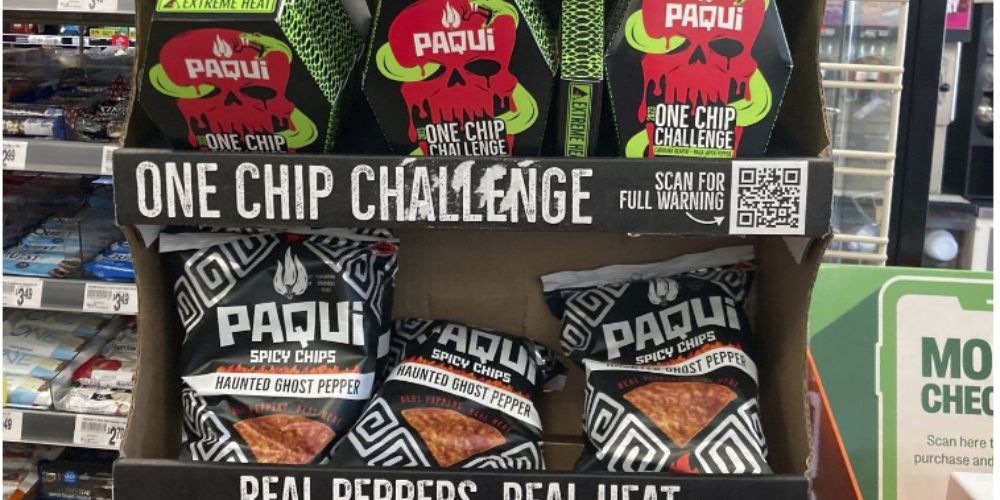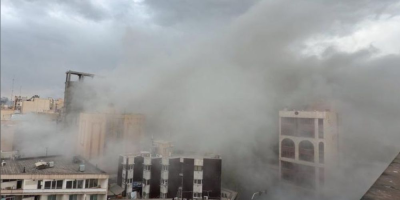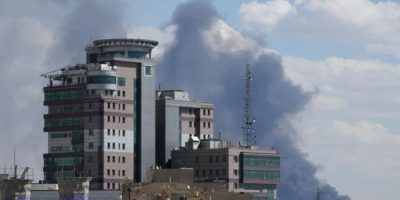
Updated May 16, 2024 @ 1:24pm
BOSTON (AP) — A Massachusetts teen who participated in a spicy tortilla chip challenge on social media died from eating a large quantity of chile pepper extract and also had a congenital heart defect, according to an autopsy report obtained by The Associated Press.
Harris Wolobah, a 10th grader from the city of Worcester, died on Sept. 1, 2023, after eating the chip manufactured by Paqui. The cause of death was listed as cardiopulmonary arrest “in the setting of recent ingestion of food substance with high capsaicin concentration,” according to the autopsy from the Chief Office of the Medical Examiner. Capsaicin is the component that gives chile peppers their heat.
The autopsy also said that Wolobah had cardiomegaly, meaning an enlarged heart, and a congenital defect described as “myocardial bridging of the left anterior descending coronary artery.”
Paqui, a Texas-based subsidiary of the Hershey Co., pulled the product from store shelves shortly after Harris’ death. The Associated Press sent an email seeking comment to Hershey on Thursday.
The cause of Harris' death was determined on Feb. 27, and a death certificate was released to the Worcester city clerk’s office on March 5, according to Elaine Driscoll, a spokesperson for the Massachusetts Executive Office of Public Safety and Security.

The Paqui chip, sold individually for about $10, came wrapped in foil in a coffin-shaped box containing the warning that it was intended for the “vengeful pleasure of intense heat and pain.” The warning noted that the chip was for adult consumption only, and should be kept out of the reach of children.
Despite the warning, children had no problem buying the chips, and there had been reports from around the country of teens who got sick after taking part in the chip-eating challenge. Among them were three California high school students who were taken to a hospital and seven students in Minnesota who were treated by paramedics after taking part in the challenge in 2022.
The challenge called for participants to eat the Paqui chip and then see how long they could go without consuming other food and water. Sales of the chip seemed largely driven by people posting videos on social media of them or their friends taking the challenge. They showed people, including children, unwrapping the packaging, eating the chips and then reacting to the heat. Some videos showed people gagging, coughing and begging for water.
Spicy food challenges have been around for years. From local chile pepper eating contests to restaurant walls of fame for those who finished extra hot dishes, people around the world have been daring each other to eat especially fiery foods, with some experts pointing to the internal rush of competition and risk-taking.
A YouTube series called “Hot Ones" rose to internet fame several years ago with videos of celebrities’ reactions to eating spicy wings. Meanwhile, restaurants nationwide have offered in-person challenges — from Buffalo Wild Wings’ “Blazin’ Challenge” to the “Hell Challenge” of Wing King in Las Vegas. In both challenges, patrons over 18 can attempt to eat a certain amount of wings doused in extra hot sauce in limited time without drinking or eating other food. Chile pepper eating contests are also regularly hosted around the world.
Extremely spicy products created and marketed solely for the challenges — and possible internet fame — is a more recent phenomenon exacerbated by social media.
Harris’ death spurred warnings from Massachusetts authorities and physicians, who cautioned that eating such spicy foods can have unintended consequences.
Banner image: Rev. Jonathan Slavinskas, left, prays with the family of Harris Wolobah, including mother Lois and father Amos Wolobah, right, during a vigil in Newton Square Friday, Sept. 8, 2023 in Worcester, Mass.





